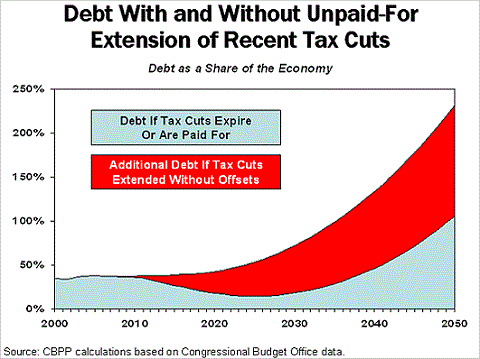 [Spoiler alert! Don't read this if you plan on seeing the film.]
[Spoiler alert! Don't read this if you plan on seeing the film.]Ellie and I went to see Inception last night. It was great fun, a really imaginative film, a wild and dark ride. Of course, half of the time I wasn't sure what was going on or why, whose dream we were in, and what the rules were governing the dream world. I'm not sure the logic of the world made sense, but I suppose that is to be expected.
What interested me most was the idea of a "totem," an object that the characters use to determine whether they are dreaming or whether they are awake. The main character, for example, uses a top that he spins whenever he needs to distinguish his dreams from reality. In his dreams, apparently, the top never falls over; it just keeps on spinning. Why he can't simply dream of his top falling over is never explained.
In philosophy, finding a "totem" is the Holy Grail of intellectual achievements, although no one calls it that. The "totem" is a criterion that helps us distinguish between reality and fantasy, between the world as it is and what the mind creates. How can we know for sure that we are not dreaming? How can we distinguish the world "out there" from our biases, wishes, and fantasies? Many philosophers have tried to create such a totem. Indeed, one might say that scientific method is really just one big "totem" that attempts to do precisely this -- distinguish the "real world" from our mind's creations.
[At this point, a real philosopher would give you a long discourse on Immanuel Kant, who argued that concepts like time and space were really just creations of the mind, but I will spare you that particular lecture.]
The film calls into serious question the idea of a totem. Remember, no justification is given for why the totem works as it does; it is something the characters simply assume. Of course, I wanted to shout, you could dream of a top falling over -- why not? But I came to realize that the failure of the totem is precisely the point. At the end of the movie, the hero seems to make his final break with his fantasy world, but the ambiguous ending alerts us to the possibility that no break has been made, and that he may have simply moved from one fantasy to the other. In the last moments, the hero gives up on the idea of his totem: he has found a reality he desires and, as he rushes to his children, does not wait to see if the top falls or if it continues spinning. He has either (a) given up on his totem or (b) he no longer cares about distinguishing fantasy from reality.
So, obviously, the question of the film is whether we can ever find a totem, that is, whether we can ever distinguish reality from our dreams and mental creations. But it also questions whether we should want to find such a thing: Do we not need our fantasies, myths, and dream creations? Could we ever survive without them? The film seems to say no and in that sense, it echoes the philosophy known as Pragmatism, which basically posits that no totem is possible, that human beings construct a world to serve their interests, and that we should judge our discoveries not by how they relate to an unknowable truth but by how they serve human interests. We should embrace our dreams if our dreams can survive the test of human life.
There is a lot to be said for that position. But I guess I still cling to my totems as a matter of faith. Perhaps, for me, the idea of a totem, of being able to distinguish the real from the imagined, is precisely the fantasy I need to believe in.


















